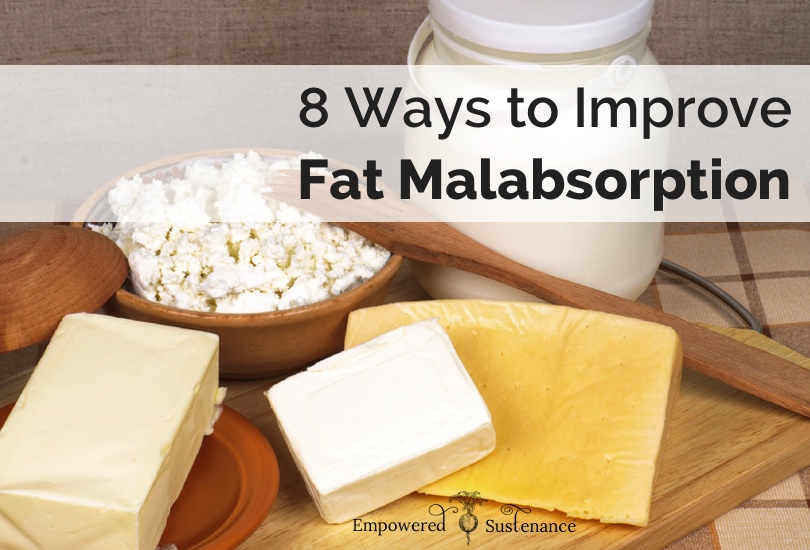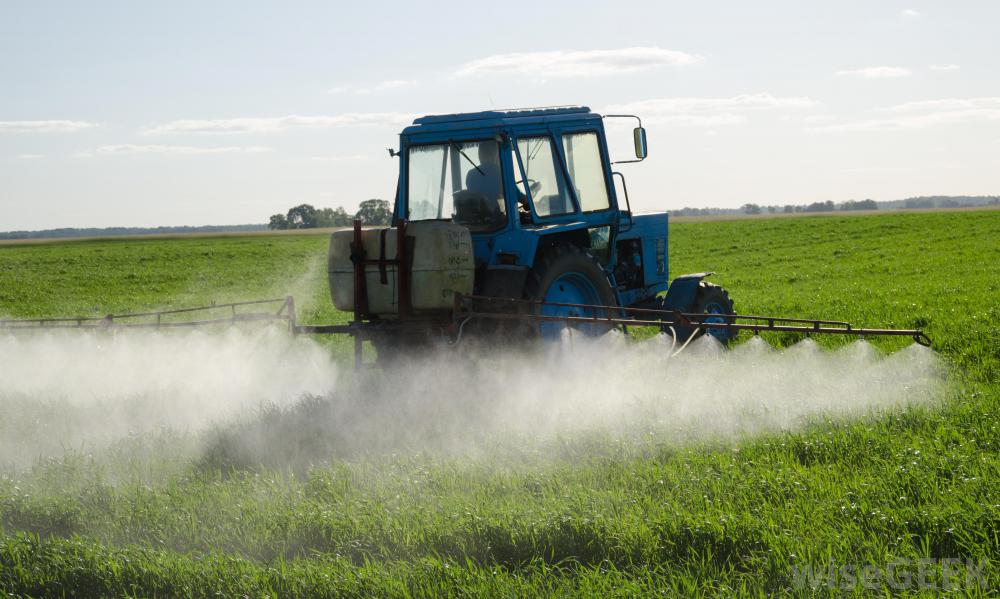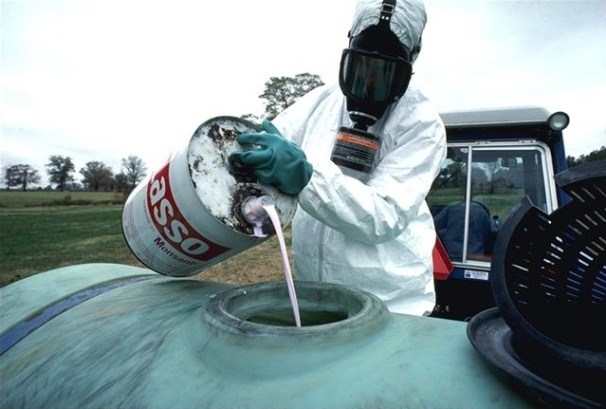Understanding Depression and the Causes of Depression
Understanding Depression and its Causes – Men are the most affected by Depression
Understanding Depression and its causes is very important for your health as it makes you take the right treatment solutions in good timeThe demands of life around us are full of tight deadlines and great expectations. In our quest to meet these deadlines we are often faced with a lot of pressure from our authorities and our own responsibilities which also hang on our shoulders. Depression is a disease causing families lots of discomfort, people actually lose their sources of lively hood, sexual relationships is affected, skin complexion is under threat and in very fatal cases suicide takes place. This is why we want to take time and understand depression and its causes, how it is affecting us and the society at large. First of all we must appreciate that depression has no respect to anybody. It affects people indiscriminately in all genders, social class, ages and religion. If you are on this link now and is feeling depressed, tackle this with speed and consult with the experts at AWAREmed Health and Wellness Resource Center under Doctor Akoury’s care for a more professional approach in dealing with depression.
Doctor Akoury founded this facility to give you hope and healing. An appointment with her will save you from the risks of so many health; social and psychological complications which are associated with depression. Remember that we have this life to live once and all the opportunities offered by this life are supposed to be enjoyed and celebrated. Doctor Akoury understand what it means to be depressed and that is why her treatment is focus on personalized medicine through healthy lifestyle choices that deal with primary prevention and underlying causes instead of patching up symptoms. As you consider scheduling for that appointment with doctor Akoury let us continue into the discussion by understanding depression and its causes in details.
Understanding Depression and its causes: Difference between feeling miserable and being depressed
In the course of attending to our normal daily assignments, we are bound to meet low moments from time to time. These low moments are often managed and do not last long. They come and we deal with them putting them behind us, they never dominate our lives and because of this we would say that in such moments we were just miserable and not depressed. However, if the low moments (depression) goes on for weeks, months, or becomes very bad, to the point that you find yourself stuck and unable to lift yourself out of it, this time it will be clear that you are depressed. This will begin to affect every area of your life which necessitates the need for professional help. It must however be clearly understood that depression is not a sign of weakness, and like I have indicated it cut across the board and has affected many famous and successful men and women across the globe.
Understanding Depression and its causes: What makes men depressed?
There are quite a number of things that are inclined to depression. Therefore for us to understand depression and its causes, the following points are very fundamental.
Understanding Depression and its causes: Relationships
Oh my goodness the trouble in a marriage or important relationship is the single thing most likely to make you depressed. How does it achieve this, doctor Akoury share with us the following:
Communication style
A difference in communication style can be a problem, particularly between married couples. For instance if a disagreement or argument makes you feel uncomfortable, you may chose not to talk about it. However your choice may not go well with your partner who may want to have it discussed. Therefore choosing to be quite may make your partner feel ignored. The feeling of being ignored may propel your partner to press you into the discussion which in turn will cause you to feel nagged and will tend to withdraw further which can make your partner feel even more ignored. The result of all this is that both of you will be depressed.
Separation and divorce
- Men have traditionally seen themselves as being in charge of their families’ lives. However, women are more likely to start the process of separation and divorce.
- Depression is more common and more severe in men who are divorced. This may be because, as well as losing your main relationship:
- You often lose touch with your children
- You may have to move to live in a different place
- You often find yourself short of money.
Pregnancy and children
- We have known for many years that some mothers become depressed after having a baby. We now know that more than 1 in 10 fathers also have problems at that time.
- This shouldn’t really be surprising. We know that major events in people’s lives, even good ones like moving house, can make you depressed. And becoming a parent will change your life more than almost any other thing. Suddenly, you have to spend much more of your time looking after your partner, and possibly other children. You may get very tired.
- A new mother will tend to be less interested in sex for a number of months. Simple tiredness is the main problem, although it’s easy to take it personally and feel that you are being rejected.
- You may have to adjust, perhaps for the first time, to taking second place in your partner’s affections.
- You may have to re-balance the demands of home and work – there’s a lot more to do at home and you just can’t spend so much time at work.
- A new father is more likely to become depressed if his partner is depressed, if he isn’t getting on with his partner, or if he is unemployed.
- If you get depressed at this time, it will affect your partner.
Work
Work can be stressful. If your work makes you depressed, you won’t be able to cope as well. This will make you feel worse and less able to cope and further makes you feel even worse.
Unemployment
Besides relationship difficulties, unemployment is the greatest impediment to piece and this is likely to push people (particularly men) into a serious depression. Professional studies have established that 1 in 7 men who become unemployed will develop a depressive illness in the next 6 months. This means that your work may form a large part of what makes you feel good about yourself. If you lose your job, you will also lose other privileges that come with it like the company car, home staff like cooks, gardeners. Coming to terms with this can be hard to adjust to. Further to that being at home and looking after the children while your wife or partner becomes the bread-winner is another headache. From a position of being in control, you may face a future over which you have little control, especially if it takes a long time to find another job. And depression itself can make it harder to get another job.
Retirement
You may even find it hard if you retire at the usual time, especially if your partner carries on working. Although life may be less stressful, you may miss the structure of your day, your social life with colleagues and the sense that you make a difference.
- When men are depressed, they feel less good about their bodies and less sexy. Many go off sex completely.
- Some men who are depressed have intercourse just as often, but they don’t feel as satisfied as usual.
- A few depressed men seem to have sex more often, perhaps as a way of trying to make them feel better.
- Some antidepressant drugs can reduce your sex-drive.
The list is endless suicide is also a factor but in all this prompt treatment is very vital and the sooner you do it the better.
Understanding Depression and its causes – Men are the most affected by Depression











 In the past few articles we looked into the
In the past few articles we looked into the  This is not the first study to show this relation between alcohol abuse and colorectal cancer. This relation between alcohol consumption and risk of developing colorectal adenomas has been demonstrated previously by several authors. In a research it was found that the risk of polyps was increased three times for drinkers who did not smoke and 12 times for both drinkers and smokers compared with the risk of total abstainers. Naveau et al found that alcoholism and cirrhosis were two
This is not the first study to show this relation between alcohol abuse and colorectal cancer. This relation between alcohol consumption and risk of developing colorectal adenomas has been demonstrated previously by several authors. In a research it was found that the risk of polyps was increased three times for drinkers who did not smoke and 12 times for both drinkers and smokers compared with the risk of total abstainers. Naveau et al found that alcoholism and cirrhosis were two 





 Liver cancer is a problem that has affected many people and lots is being done to help alleviate its effects on the world’s population. According to the
Liver cancer is a problem that has affected many people and lots is being done to help alleviate its effects on the world’s population. According to the  Alcohol is made up of other carcinogens and these carcinogens interacts with the liver, the liver being a vital filter organ through which every pint of alcohol consumed passes through. When these toxins overburden the liver, it becomes easier for infections that may later escalate into liver cancer to be initiated.
Alcohol is made up of other carcinogens and these carcinogens interacts with the liver, the liver being a vital filter organ through which every pint of alcohol consumed passes through. When these toxins overburden the liver, it becomes easier for infections that may later escalate into liver cancer to be initiated.













 Are Low-Carb Diets a Heart Health Risk?
Are Low-Carb Diets a Heart Health Risk?









